- IDP China>
- 课程库>
- 计算机科学>
- 信息技术>
- 计算机科学>
- B.A. (Moderatorship) Honours (Level 8) - Computer Science Linguistics and a Language
计算机科学与语言文学士(主持)(荣誉学位)
B.A. (Moderatorship) Honours (Level 8) - Computer Science Linguistics and a Language

学历文凭
Bachelor Degree with Honours

专业院系

开学时间

课程时长

课程学费

国际学生入学条件
Leaving Certificate:
H4 Mathematics
H3 In French or Spanish or Irish
Advanced GCE (A Level):
Grade C Mathematics
Grade C If presenting French or Spanish
Grade B If presenting Irish
International Baccalaureate:
HL Grade 5 Mathematics
HL Grade 5 If presenting French or Spanish
HL Grade 6 If presenting Irish
TOEFL: Internet based 90 (with a written score of 21). IELTS: (Academic version) 6.5 (no individual band below 6).
IDP—雅思考试联合主办方

雅思考试总分
6.5
了解更多
雅思考试指南
- 雅思总分:6.5
- 托福网考总分:90
- 托福笔试总分:160
- 其他语言考试:Pearson Test of English (Academic) - PTE Academic: a minimum score of 63 (with no section score below 59).
CRICOS代码: TR039
申请截止日期: 请与IDP顾问联系以获取详细信息。
课程简介
The Computer Science, Linguistics and a Language (CSLL) degree is an integrated, interdisciplinary programme. CSLL students learn computer science, study linguistics, the scientific study of language and speech, and study a specific language (with a choice of French, Spanish or Irish). <br><br>There is an emphasis on the intersection of these subjects, on computational<br>and empirical approaches to language, knowledge of which is important to the ever-growing fields of speech and language technology, such as machine translation, speech synthesis and recognition.<br> <br>All the component disciplines are pursued to a high level, equipping CSLL graduates to pursue a very wide range of careers, such as in computing in general, in roles requiring skills in a particular language and in the speech and language technology area.
相关申请
 预科
预科 奖学金
奖学金 实习机会
实习机会 在校学习
在校学习 跨境学习
跨境学习 校园授课-线上开始
校园授课-线上开始 在线/远程学习
在线/远程学习
学校排名

世界排名120
数据源:泰晤士高等教育世界大学排名
关于都柏林圣三一大学

都柏林圣三一大学创办于1592年,是爱尔兰排名最高的大学(2020年QS排行榜和2019年泰晤士高等教育排行榜)。是远离家园渴望成为创新、有意识和非凡全球公民学生的家园。都柏林圣三一大学培养了数量惊人的诺贝尔奖获得者,为学生提供可与部分为各自领域最具影响力专家合作的超常教育。作为都柏林大学的唯一直属学院,圣三一鼓励创业和创新,拥有强大的跨国行业合作伙伴网络。大学名列爱尔兰最具国际化大学(2019年泰晤士高等教育排行榜),国际学生可享受仅需一小时抵达伦敦、五小时抵达纽约及通达120多个欧洲目的地的地理位置。多文化学生群体由来自120个不同国家的学生组成。都柏林是一座令人兴奋和多样化的首都城市,充满了学生娱乐项目,且每个校区都有其独特之处。主校区拥有为教育体验增光添彩的鹅卵石广场、绿地、现代化设施、历史建筑和各型特色。大学提供的支持可让学生获得学业上的自信和竞争力,及诸多丰富教育体验机会。包括学生可探索世界并获得独特体验的出国留学和孵化项目。圣三一因其企业家培养而名列欧洲顶尖大学之列,连续六年(Pitchbook Report)。都柏林圣三一大学致力于实现公共利益的最大化。大学通过与都柏林、爱尔兰和全球社会和经济领域的积极合作实施这一努力,而学生是这一精神的核心。
本校相关课程

应用行为分析(硕士)
学历文凭
Masters Degree (Taught)
开学日期
课程费用总额


古代和中世纪历史文化文学士(荣誉学位)
学历文凭
Bachelor Degree with Honours
开学日期
课程费用总额


英语研究学士(荣誉学位)
学历文凭
Bachelor Degree with Honours
开学日期
课程费用总额


博士(三一商学院)
学历文凭
Ph.D.
开学日期
课程费用总额


博士(戏剧)
学历文凭
Ph.D.
开学日期
课程费用总额


博士(电影研究)
学历文凭
Ph.D.
开学日期
课程费用总额

其他相关课程
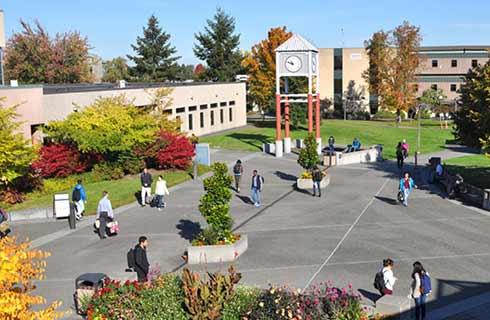
Foundation Year in Computing and Engineering
 密德萨斯大学
密德萨斯大学学历文凭
Foundation for Undergraduate
开学日期
课程费用总额

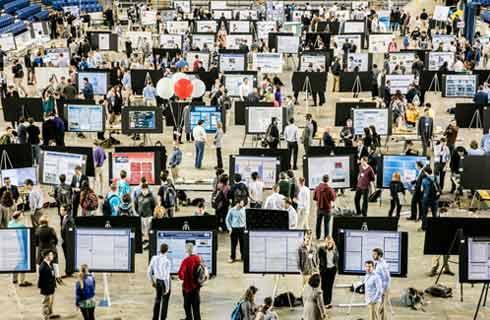
计算机科学理学硕士(荣誉学位)
 巴斯大学
巴斯大学学历文凭
Undergraduate Masters
开学日期
课程费用总额


PhD Evaluation Blockchain Solution for IoT Applications
 拉夫堡大学
拉夫堡大学学历文凭
Ph.D.
开学日期
课程费用总额

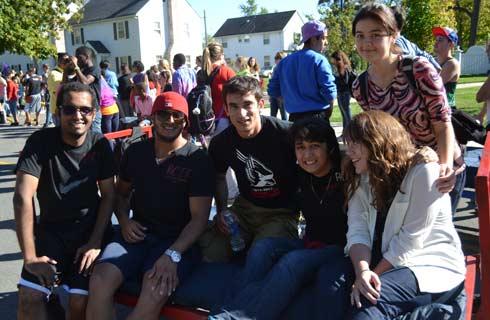
Bachelor of Engineering (Honours) / Bachelor of Science Conjoint - Software Engineering
 奥克兰大学
奥克兰大学泰晤士高等教育世界大学排名:150
学历文凭
Dual (Conjoint) Degree
开学日期
课程费用总额

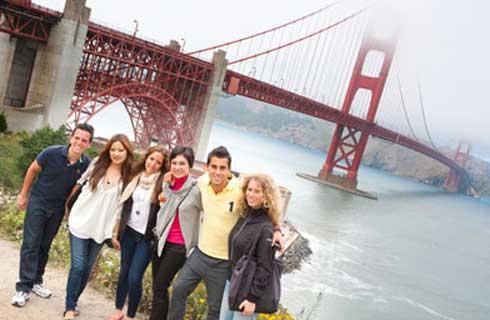
工学学士(荣誉学位)/软件商业学士学位
 斯威本科技大学
斯威本科技大学学历文凭
Dual Degree
开学日期
课程费用总额

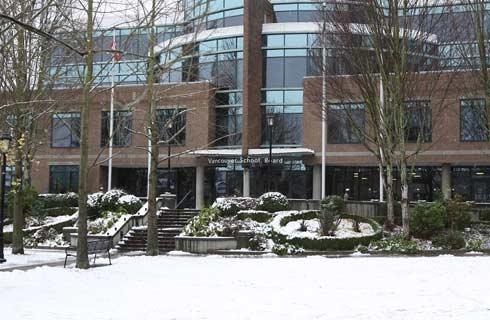
Master of Artificial Intelligence
 蒙纳士大学
蒙纳士大学泰晤士高等教育世界大学排名:54
学历文凭
Masters Degree (Coursework)
开学日期
22 July 2024
课程费用总额
AUD 85,600





















 爱尔兰
爱尔兰




